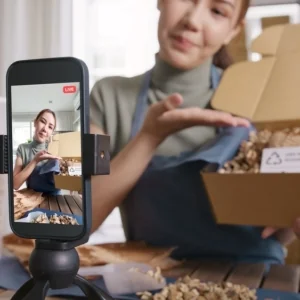Overview: Dr. Justin Anderson will lead a discussion of consumer surveys regarding certification marks at the International Trademark Association (INTA) Annual Meeting, which will be held May 18-22, 2024, in Atlanta. The discussion will focus…
Read More
Gucci in Sam’s Club? Knock it Off, Says Gucci
Overview: The Gucci luxury brand sues three major retailers for selling counterfeit versions of its products. How might consumer surveys be used in this lawsuit? Gucci Counterfeits and Claims Gucci, an iconic Italian luxury brand,…
Read More
Vans Decision Turns on Jack Daniels
Overview: A case pitting shoe company Vans against an artists’ collective shows how the Supreme Court’s recent Jack Daniels decision, regarding First Amendment and parody, will be used in deciding trademark disputes. Shoe Showdown In…
Read More
FTC Issues New Guidance on Influencer Marketing
Overview: The Federal Trade Commission has issued new guidance on influencer marketing. When influencer marketing is part of your advertising strategy, be sure that your disclosures are proper. Influencer Marketing Strategy and Advertising Claim Substantiation …
Read More
Emoji Update: NARB Clarifies How to Properly Substantiate Emojis, or Where You Should
Overview: The board of the Better Business Bureau that hears appeals from the NAD, NARB, clarifies guidance for advertisers on emoji use. A Thirst for Advertising Claim Substantiation Coca-Cola reformulated Powerade, a fitness drink including…
Read More




